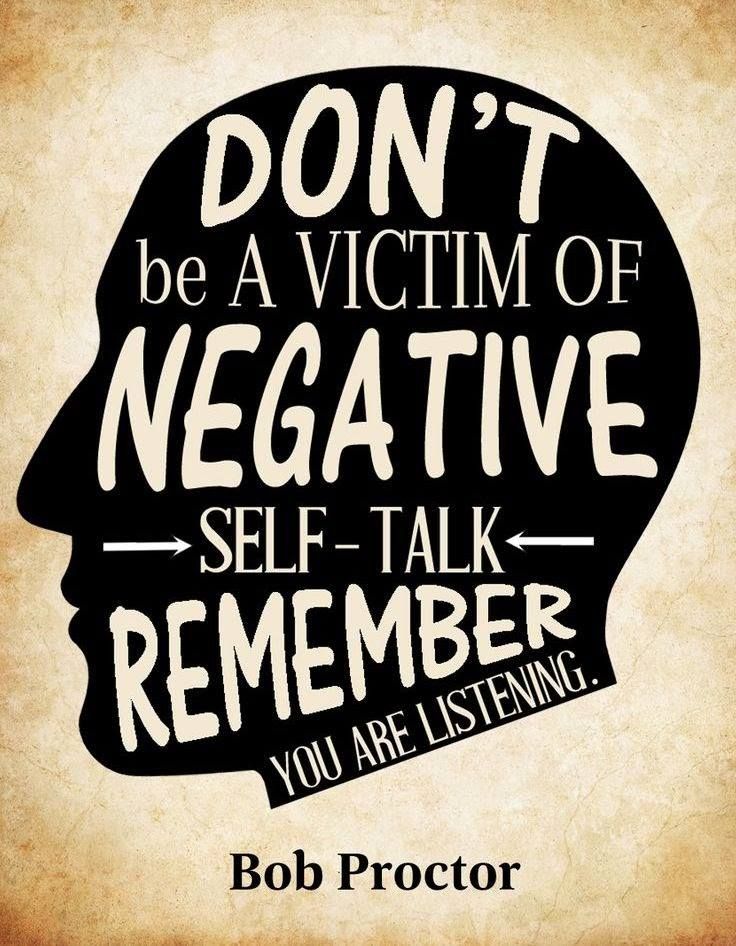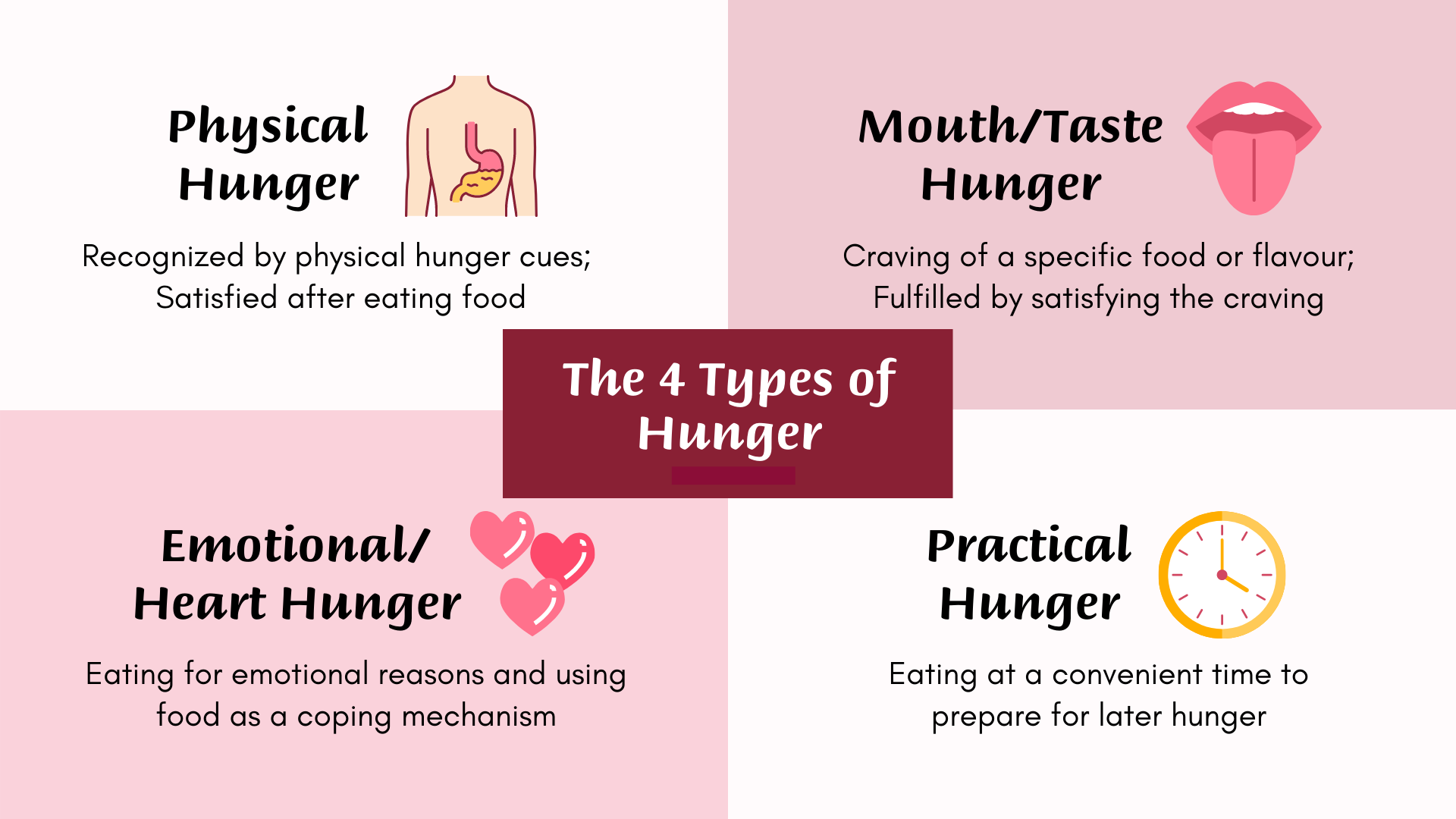A Guide to Overcoming Challenges in Your Dietary Transformation Journey
The journey of dietary transformation is a commendable decision that holds the promise of improved mental and physical well-being. However, the path to lasting change is rarely a smooth one, and overcoming the urge to cave in or quit can be a major challenge. In this blog post, we’ll explore valuable insights and strategies to help you navigate the bumps in the road, foster a positive mindset, and cultivate sustainable habits for long-term success.
- Shifting Mindset:
A successful dietary transformation begins with a shift in mindset. Understand that perfection is an illusion, and nobody is flawless. Embrace the concept that progress, not perfection, is the key to success. Acknowledge that setbacks are inevitable, and view them as opportunities to learn and grow rather than reasons to quit.
- Letting Go of All-or-Nothing Thinking:
It’s crucial to drop the all-or-nothing mentality that can sabotage your efforts. A single deviation from your plan, whether it’s a missed workout or an indulgent meal, does not define your overall progress. Resist the urge to throw in the towel and adopt a mindset that allows for flexibility and self-compassion.
- Avoiding the Domino Effect:
One common pitfall is the belief that a small slip-up justifies abandoning the entire plan. Imagine having a flat tire and deciding to slash the other three because of it. Recognize that setbacks are isolated incidents and don’t define your overall success. Instead of dwelling on mistakes, focus on the positive choices you can make moving forward.
- Embracing Grace:
Give yourself permission to be imperfect. Understand that life is full of unexpected challenges, and it’s okay to deviate from your plan occasionally. Rather than viewing a day off or a less-than-perfect meal as a failure, see it as a chance to practice resilience and self-compassion. Grant yourself the grace to learn from these experiences and continue moving forward.
- Celebrating the 90%:
Perfection is unattainable, but consistent effort can lead to remarkable progress. Celebrate the 90% of the time when you make positive choices and adhere to your plan. Recognize the cumulative impact of these choices on your overall well-being. Remember, small victories contribute to significant success in the long run.
- Winning or Learning:
In life, there is no outright failure unless you quit or give up on yourself. Every setback is an opportunity to learn, adapt, and improve. Instead of viewing challenges as insurmountable obstacles, see them as stepping stones toward a better version of yourself. Understand that setbacks are a natural part of any transformation journey and use them as opportunities for growth.
Embarking on a dietary transformation is a courageous decision that requires resilience, self-compassion, and a willingness to learn from setbacks. By shifting your mindset, embracing imperfection, and celebrating progress, you can overcome the urge to quit and create lasting change in both your mental and physical health. Remember, in life, we either win or learn – there is no losing unless we give up on ourselves.



